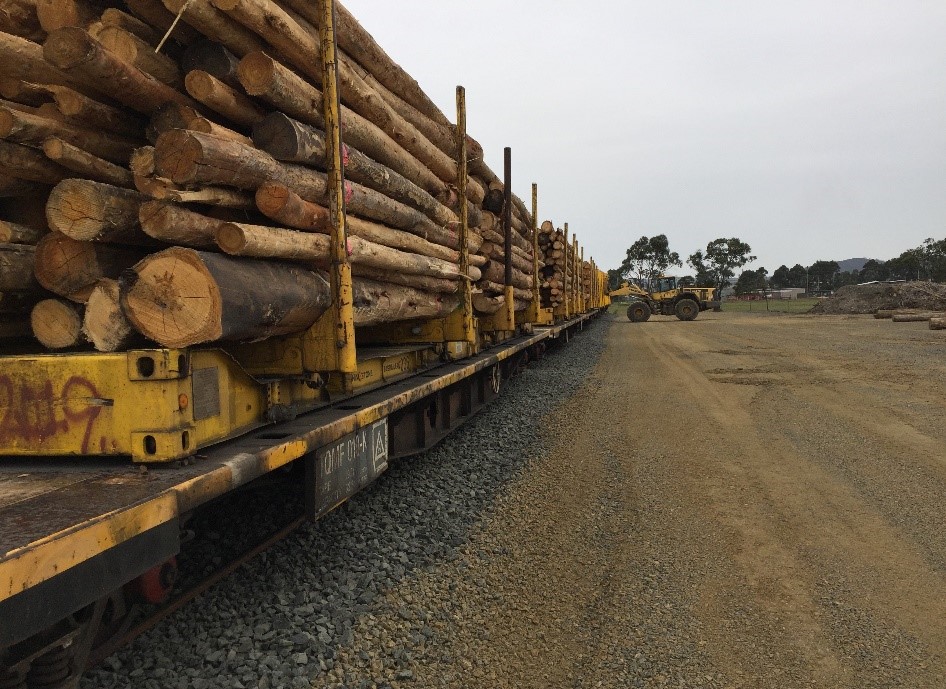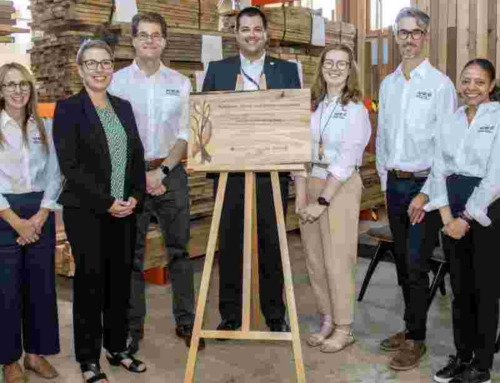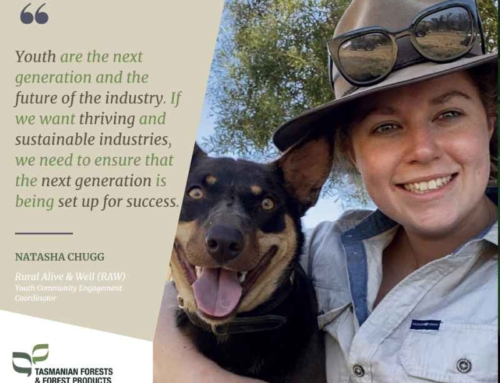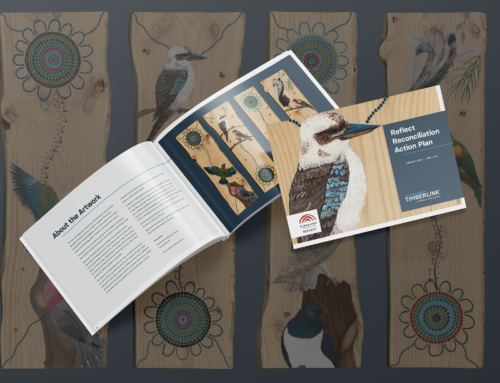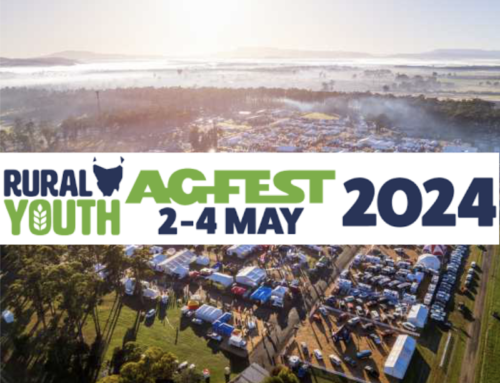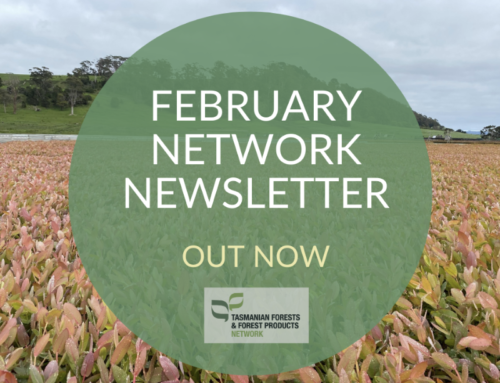Network welcomes its newest Supporter, TasRail
TasRail was established as a state-owned company in 2009, with the dual responsibilities of managing the Tasmanian Rail Network and operating sustainable rail logistics services for industry.
The Tasmanian and Australian governments have invested significant capital to renew the rail network, build terminals, and establish a new fleet of locomotives and wagons. The result of this investment has been substantial growth in freight volumes, with a record three million tonnes (508 million net tonne kilometres) hauled in the 2020-21 financial year.
TasRail made the strategic decision to recommence hauling logs after successful trials in 2012, and log transport has been TasRail’s fastest-growing market segment since. The forestry sector is one of Tasmania’s major employers and exporters. It needs efficient, safe and reliable supply chains. Since 2014 targeted investment by TasRail has seen an increase in the performance and capacity of its forestry supply chain. It now operates:
- Dedicated log yards at Brighton and Parattah with new ‘legal for trade’ truck weighbridges for incoming log trucks
- A fleet of dedicated log wagons and Logtainers
- Direct rail access to the ARTEC and RFF processing and export mills at Bell Bay.
To date, TasRail has focussed on the transportation of planation and native forest logs between south/south-eastern Tasmania and Bell Bay. It is currently providing six services per week in this corridor – currently delivering around 23 log wagons each day to Bell Bay.
To improve its operational performance, TasRail is now investing a further five million dollars into forestry infrastructure, including:
- Additional Logtainers (including some road width compliant units)
- Bookends for Brighton and Parattah to increase storage capacity and improve log segregation
- An expansion of the log yard and train loading face at Brighton
- Installation of in-line track weighbridges within the rail network, so the exact payload of the log wagons can be determined
- An extension of the Bell Bay Log run-around loop, allowing for longer log trains and future growth
- Fitting end gates to the TFAF-class log wagons to improve safety and strapping efficiency.
TasRail believes the forestry industry will continue to be a critical part of the Tasmanian economy and is looking forward to new partnerships and expanding the scope of its services to the forestry sector.
If you would like to discuss rail logistics options for your forestry business, please contact TasRail’s Customer & Business Development Manager Vanessa Sullivan – vanessa.sullivan@tasrail.com.au

